In August 2014, I left my job as a Detroit elementary school teacher to pursue an admittedly far-fetched idea — horses. Could the skills I had learned from riding and caring for horses be accessible to kids like my Detroit students in a community that wanted horses in their neighborhood’s future?
By the summer of 2015, thanks to dozens of caring and committed early supporters, we had incorporated Detroit Horse Power as a nonprofit organization and began piloting this unique youth development opportunity by transporting students from the city to partner horse barns outside Detroit.
Out of the gate, it was affirming to be embraced by generous equestrians that allowed us to use their space and horses, by volunteers who jumped at the opportunity to connect their passion for these amazing animals to Detroit’s youth, and most, importantly, by the students who soaked up these opportunities to learn and grow in all facets of the equestrian experience — from riding high in the saddle to mucking stalls and everything in between.
As our model has evolved since those early days, it has been powerful to see the ways these experiences sparked changes in the lives of our participants. Ten years after she joined our very first summer horse camp, Alejandra recently sent me a message on LinkedIn letting me know that her exposure to horses as a middle schooler opened up a path to where she is now, a senior at Michigan State studying animal science and preparing to apply for veterinary school.
Alejandra re-joined our program this past summer and supported new horse camp participants alongside the dedicated counselors who have come up through our program. Le’Airra has stayed with our program the longest, having joined DHP in 2016 and transitioning onto our staff after graduating from Cass Tech and pursuing her own post-secondary journey. To watch her and others (shoutout to Sonia, Sophia, Kyla, Kaira, and E’lese!) running the show at summer camp makes me well up with pride. To see students that I had taught become the ones teaching a new generation of Detroiters is a teacher’s dream. And, better still, now participants can see themselves reflected in their DHP mentors.
In recent years, I have been further from the stables and more focused on community engagement and, as it turns out, real estate development. From the beginning, in between Detroit Horse Power’s pilot programs and working odd jobs to have an income, I spent time getting to know folks in neighborhoods where I thought we could build an urban equestrian center. In at least one case, I was promptly told that this vision was not a fit for the community — candor I found extremely helpful. I was able to wish them well and move on to other possibilities.
After countless community conversations, I connected with the residents of the Hope Village neighborhood regarding the 14-acre former Paul Robeson school site at Linwood and Fenkell. Detroit Public Schools demolished Robeson following a major fire in 2011, after which the property remained fenced off and inaccessible, leaving a hole in the fabric of the neighborhood. I felt positive early signs after Debbie Fisher shared the community strategic framework that Focus: HOPE had completed — residents’ emphasis on more green space, opportunities for young people and community asset building. Then Focus: HOPE gave me the chance to address 100 residents at a town hall meeting. Before I could finish saying “horses in Hope Village,” the whole room erupted in cheers.
The road from there involved a deep education on community-focused development that continues to this day. I followed up with many of the people I met to speak to their block clubs and other neighborhood stakeholders. We convened a steering committee through the Detroit Collaborative Design Center that completed a feasibility study and then a conceptual design.
After two and a half years of negotiating with Detroit Public Schools Community District, the school board approved our MOU in October 2019; we engaged McIntosh Poris Architects as well as launched a capital campaign. The pandemic slowed our pace for a time, but we made steady progress to complete construction documents — with community feedback at each stage of the process — to purchase the property from DPSCD, secure site plan approval and raise over $9 Million. Last month, we received our building permits.
Construction is set to begin on pace for a Fall 2026 grand opening of our Urban Equestrian Center — the largest facility of its kind on the whole country. Everything Detroit Horse Power has ever done has been an education for me and I will keep learning through each step of the journey thanks to the talented folks who continue to guide Detroit Horse Power. We have come a long way, but this is really just the beginning and I can’t wait for horses to be accessible to far more students in Detroit’s future.
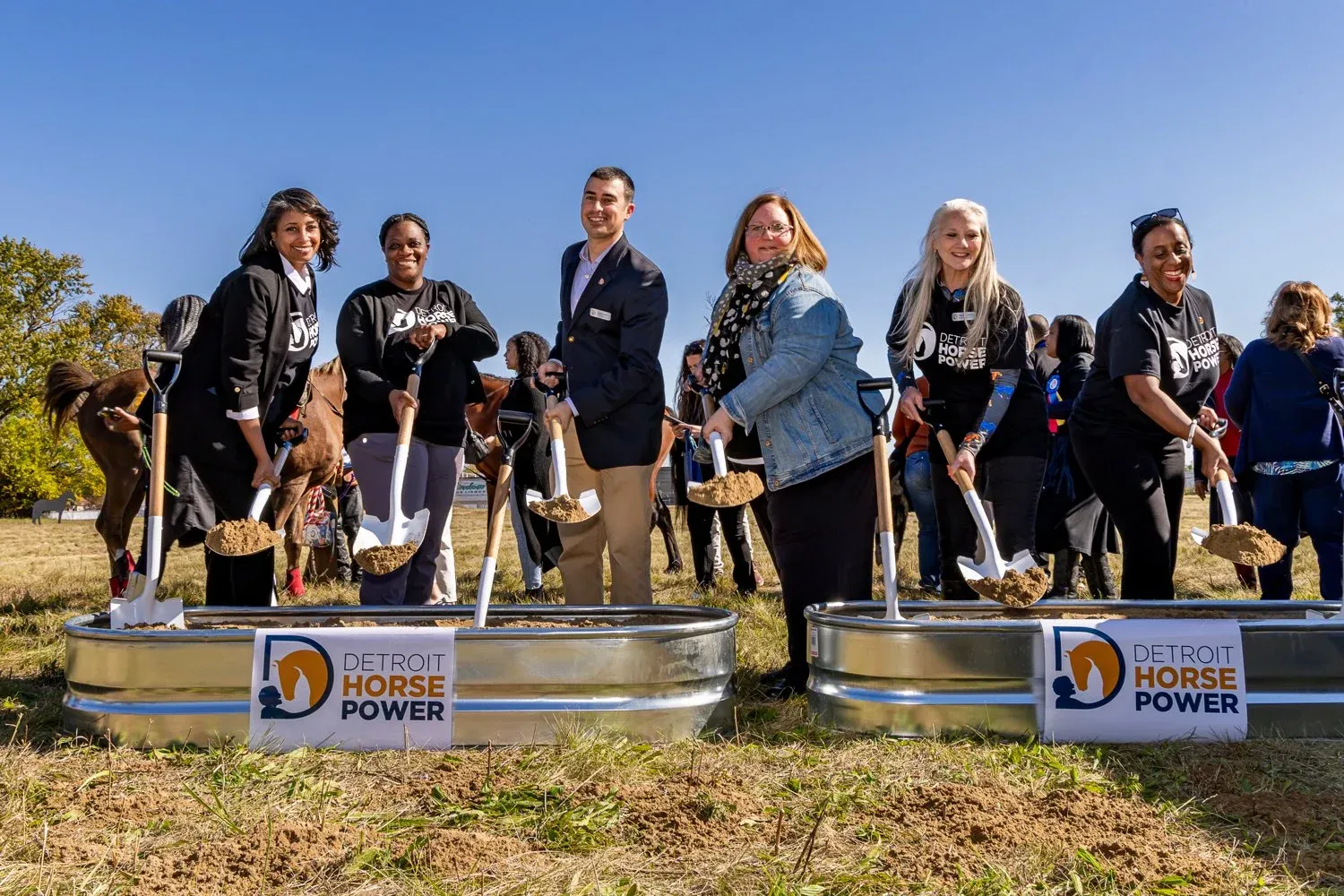
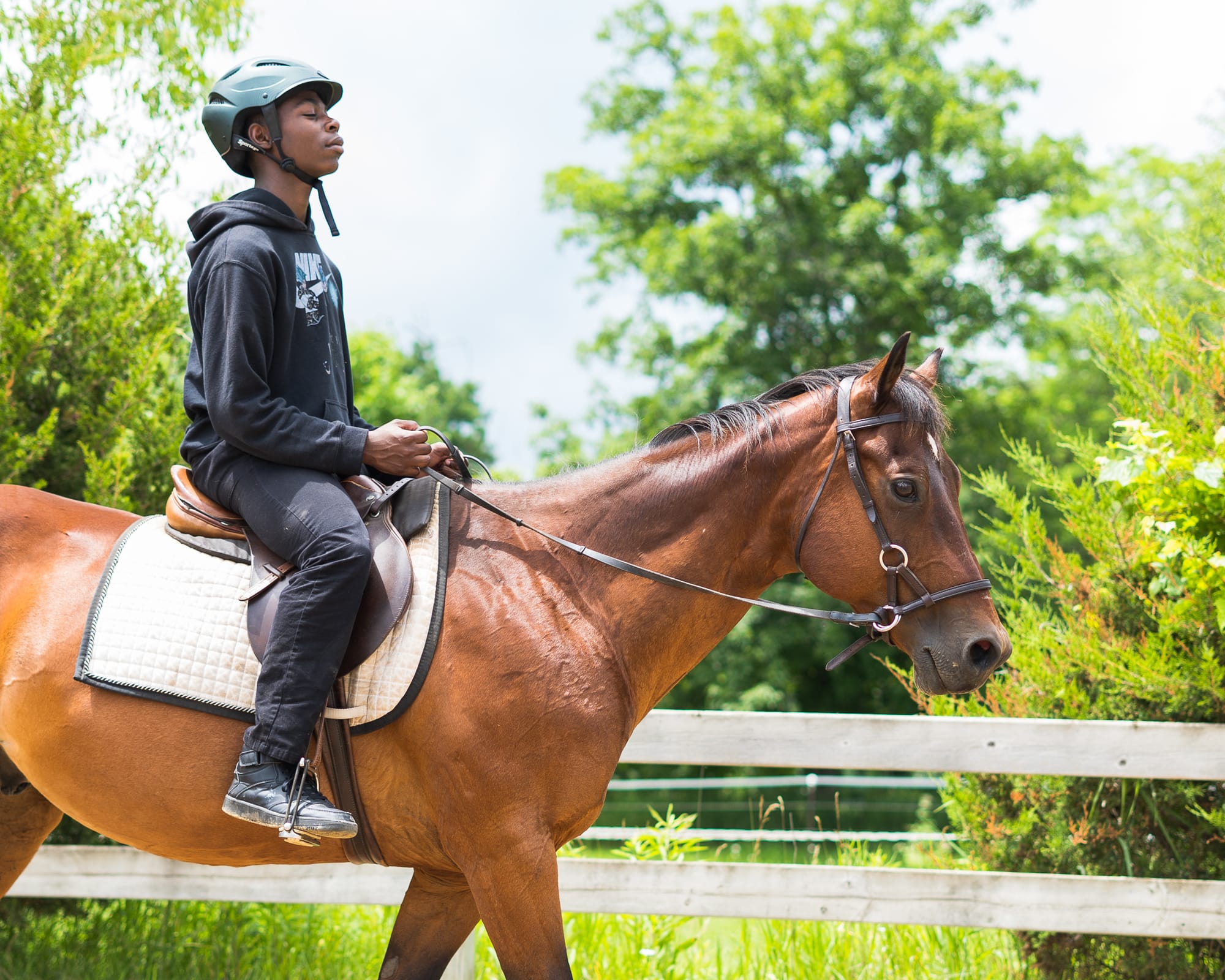
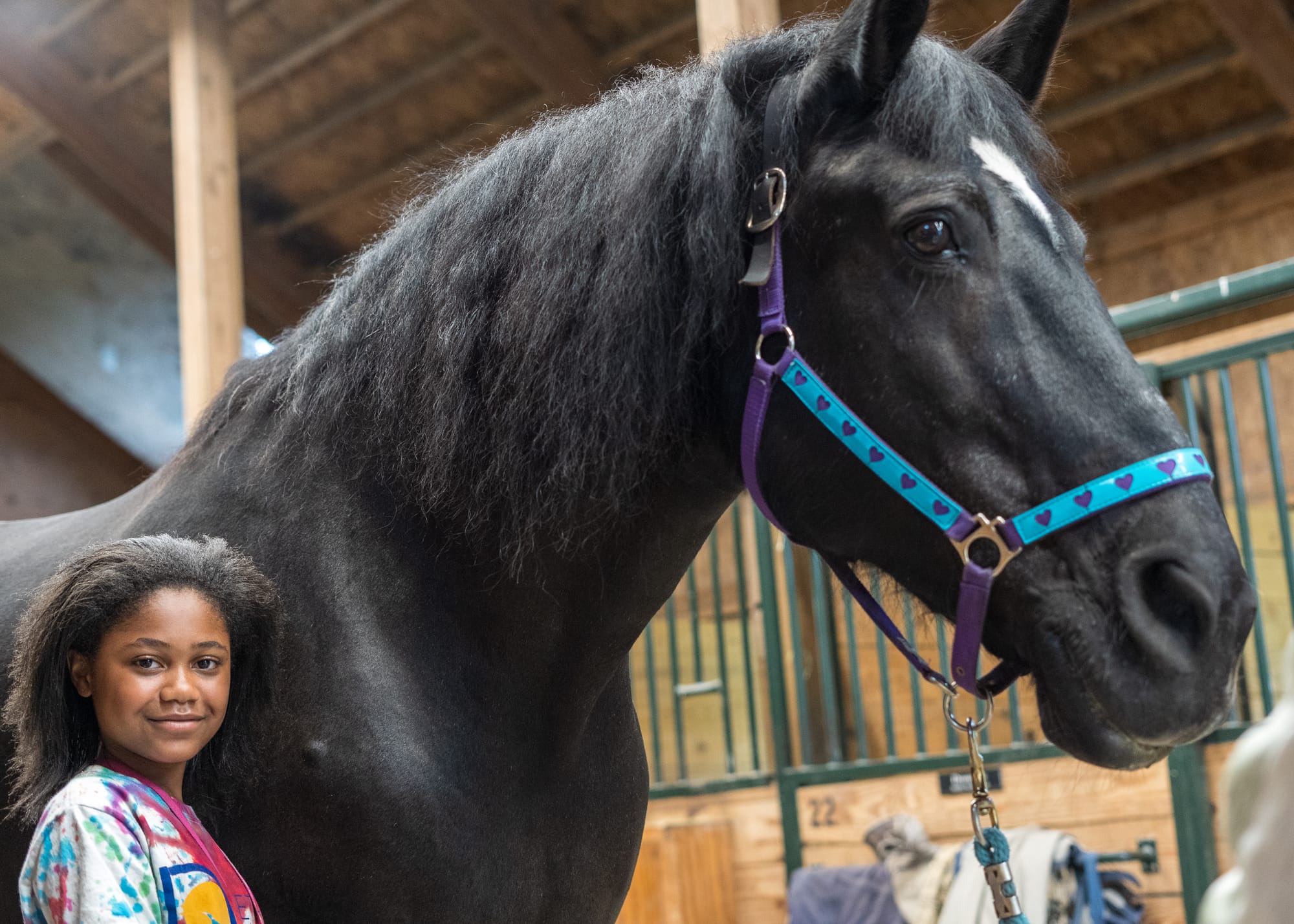
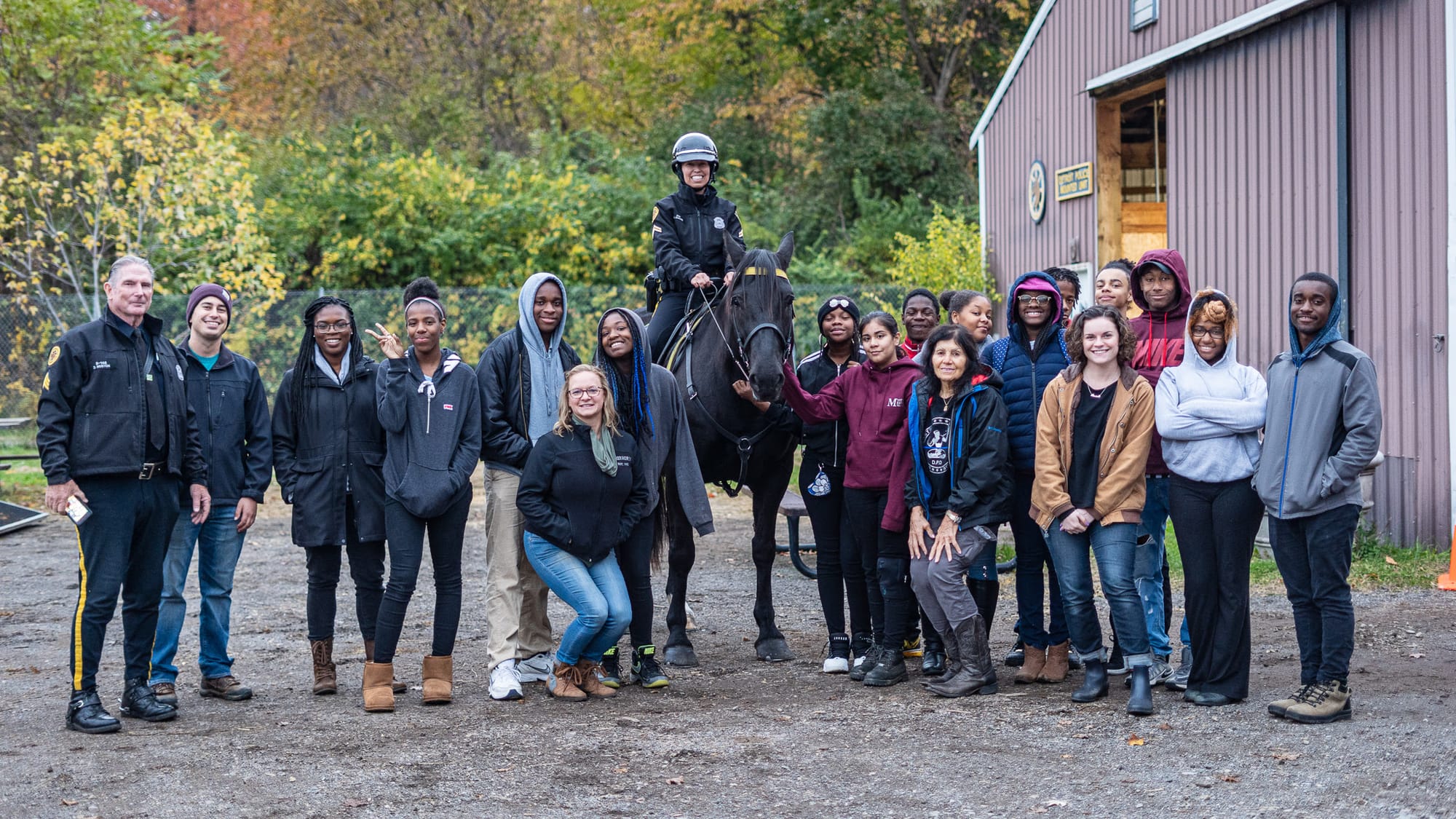
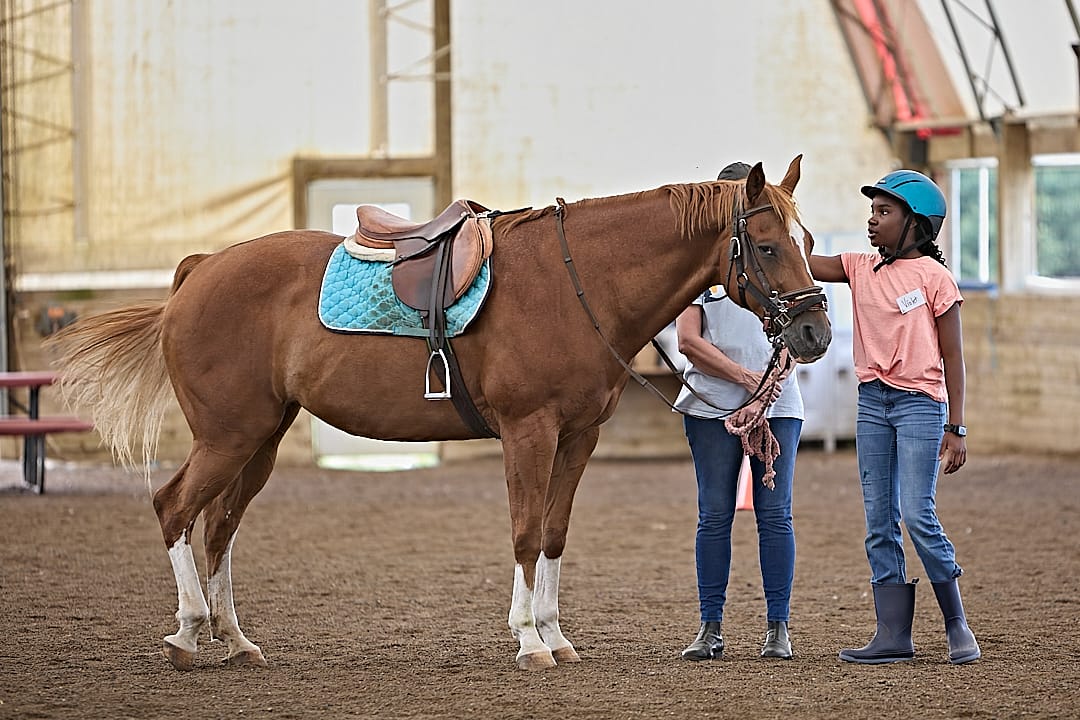
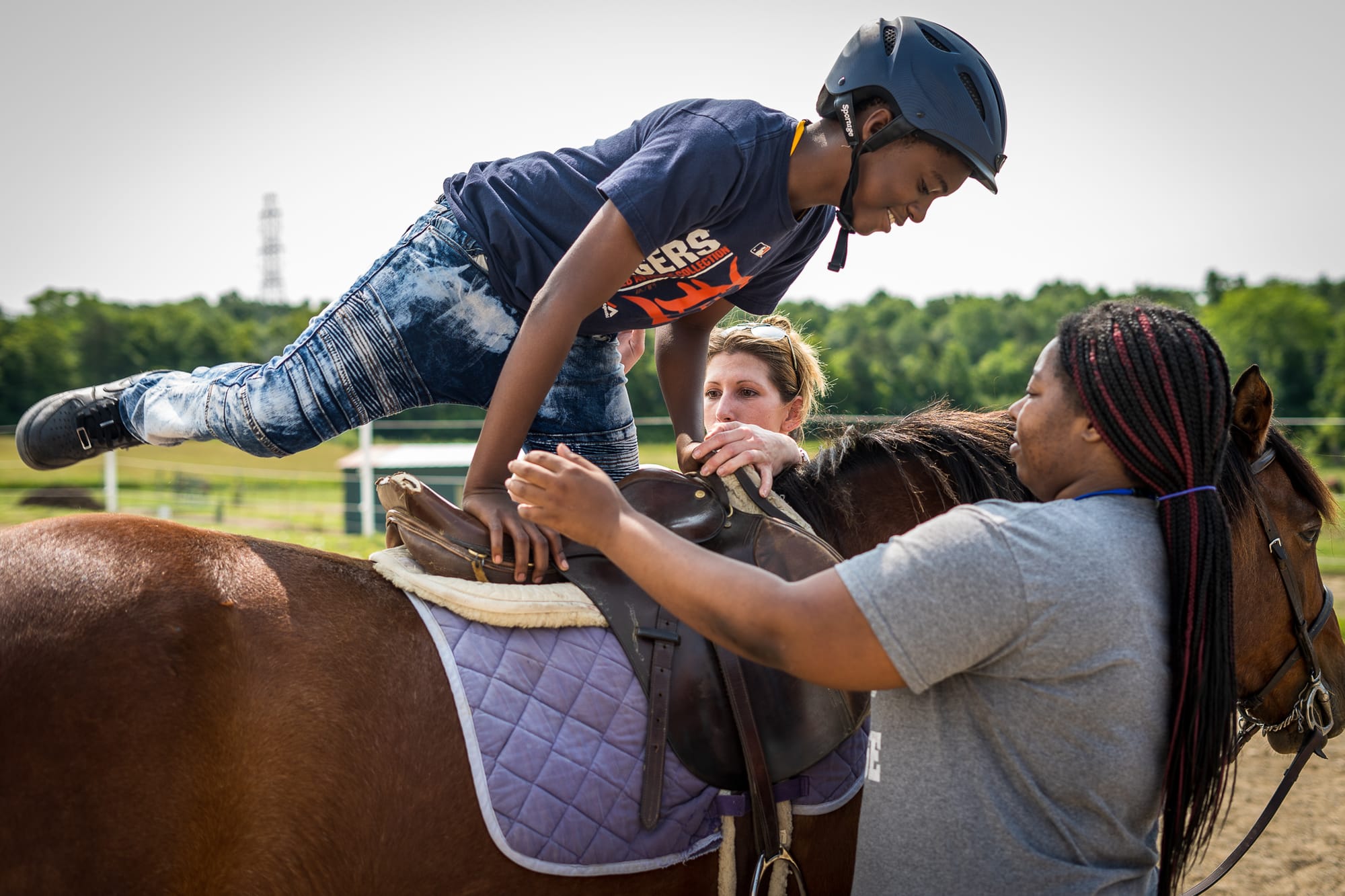
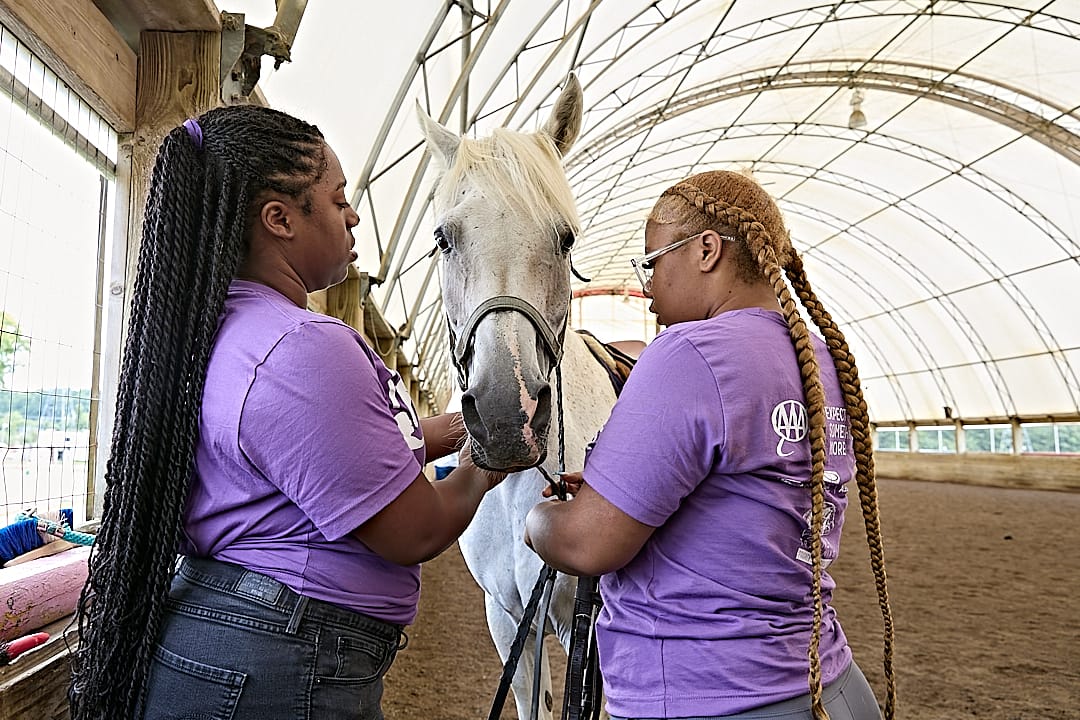
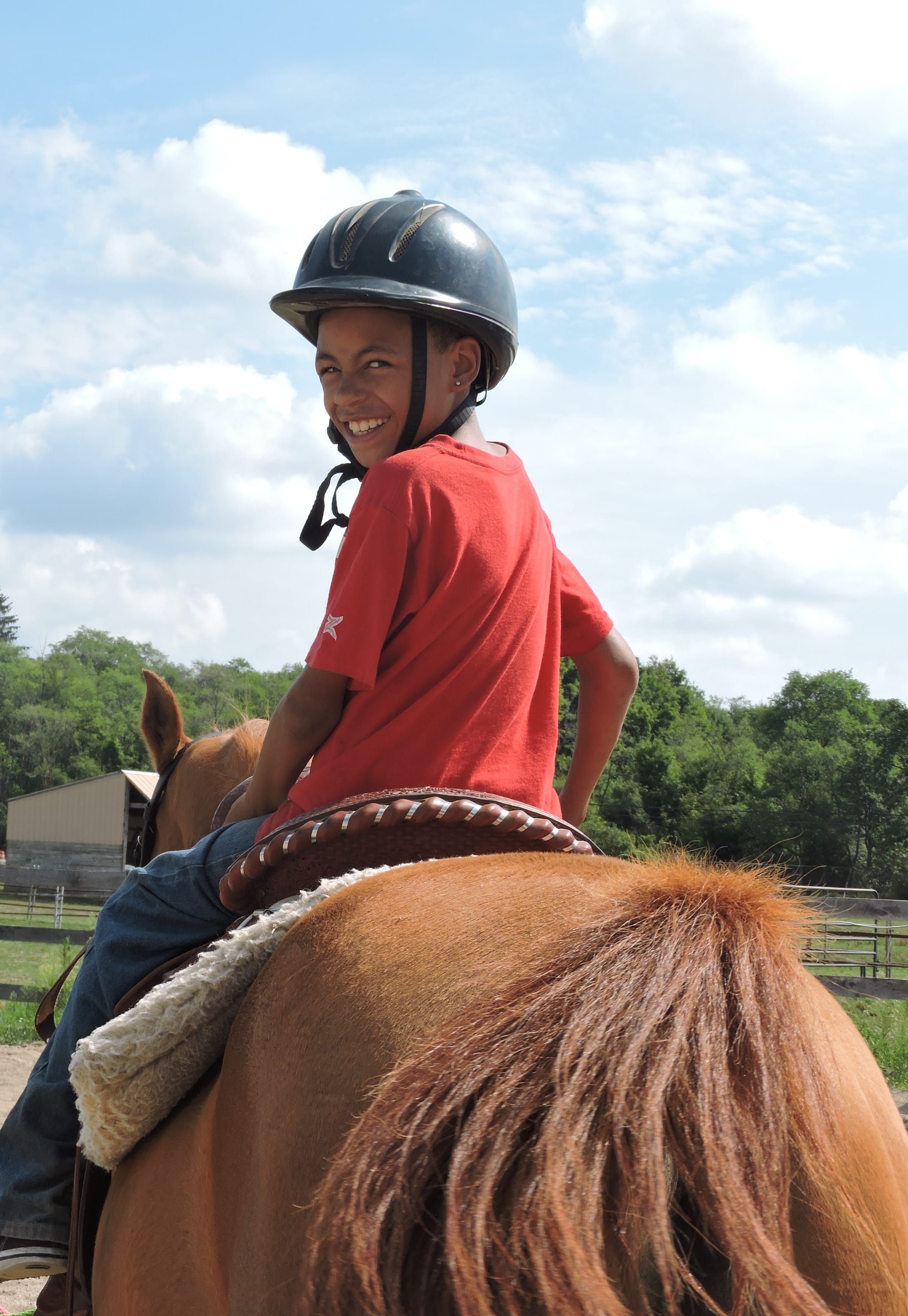
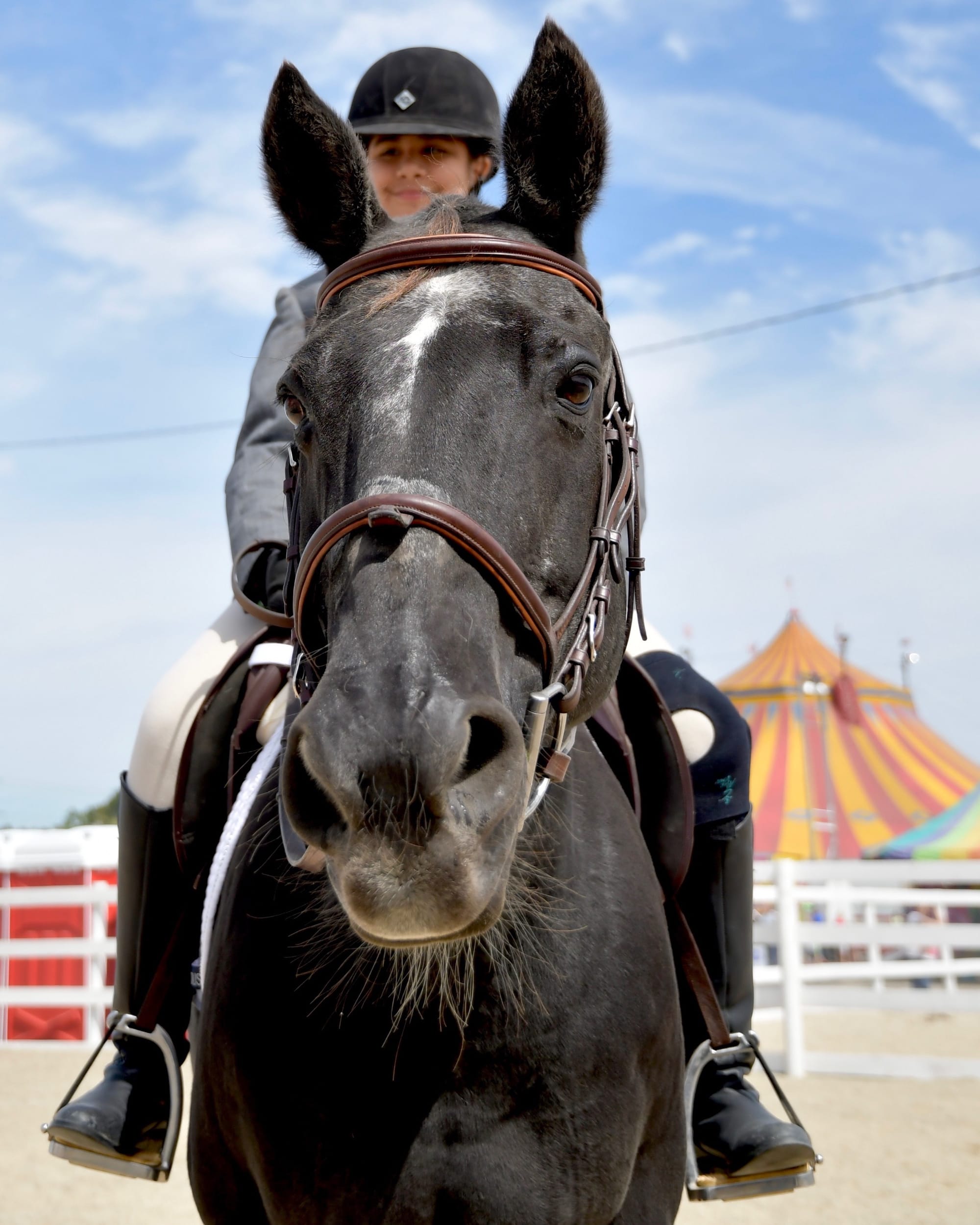
Comments
Sign in or become a Nu?Detroit member to join the conversation.
Just enter your email below to get a log in link.